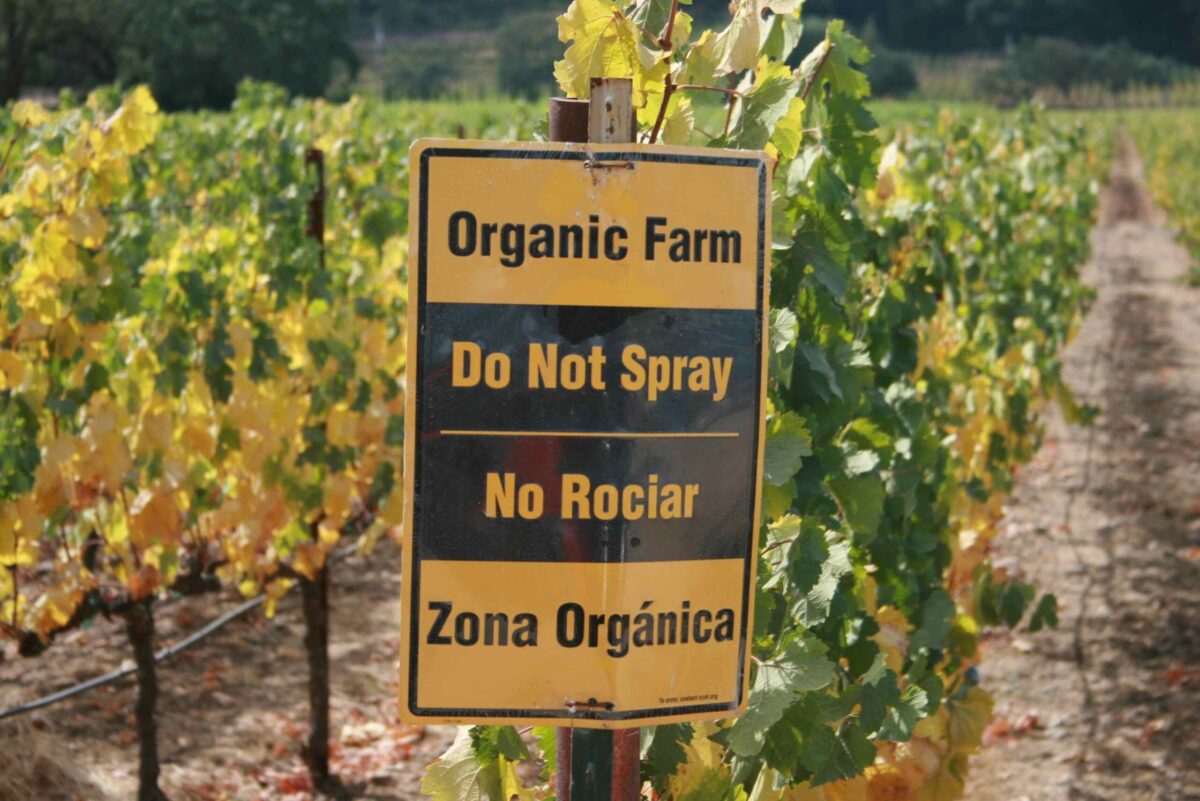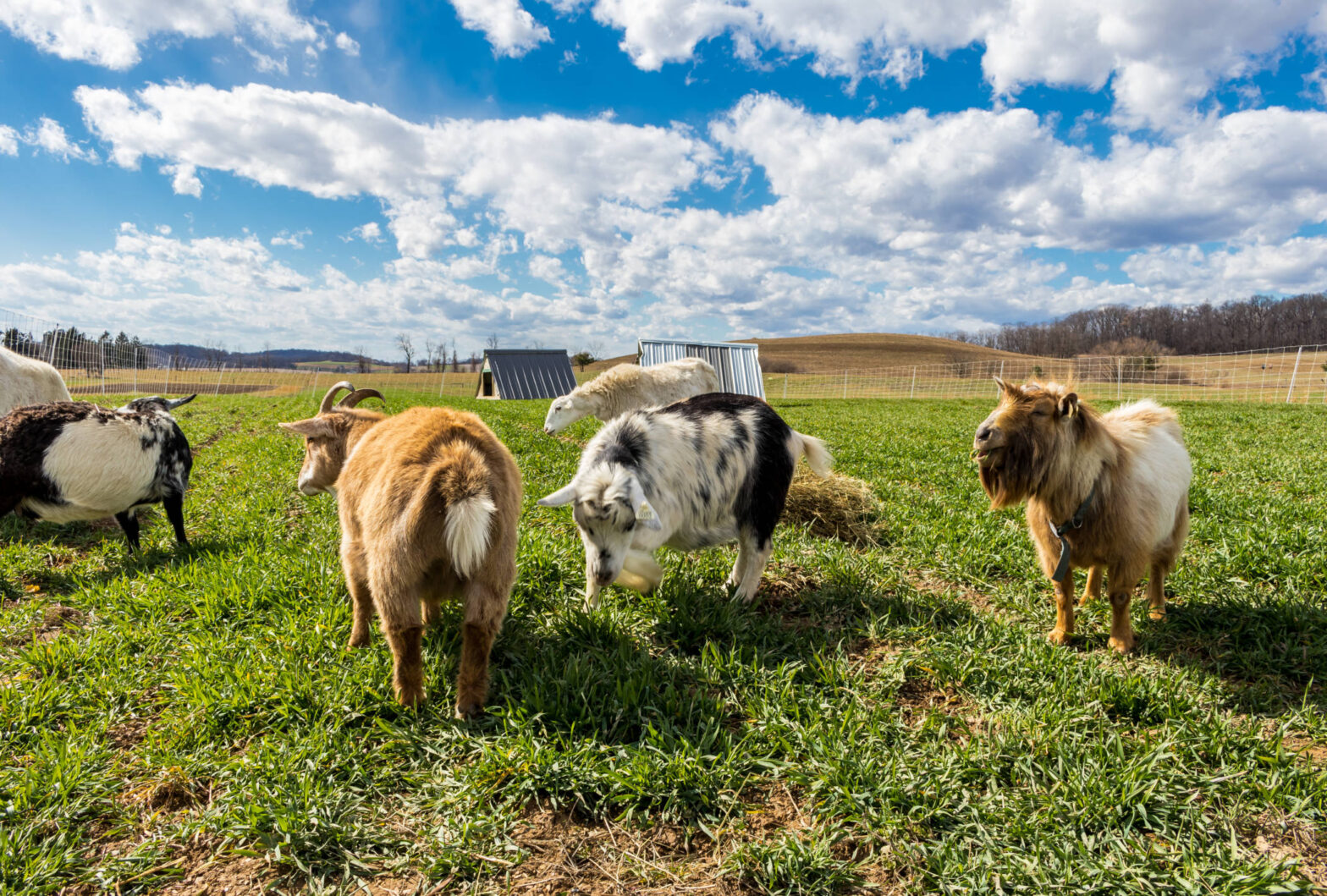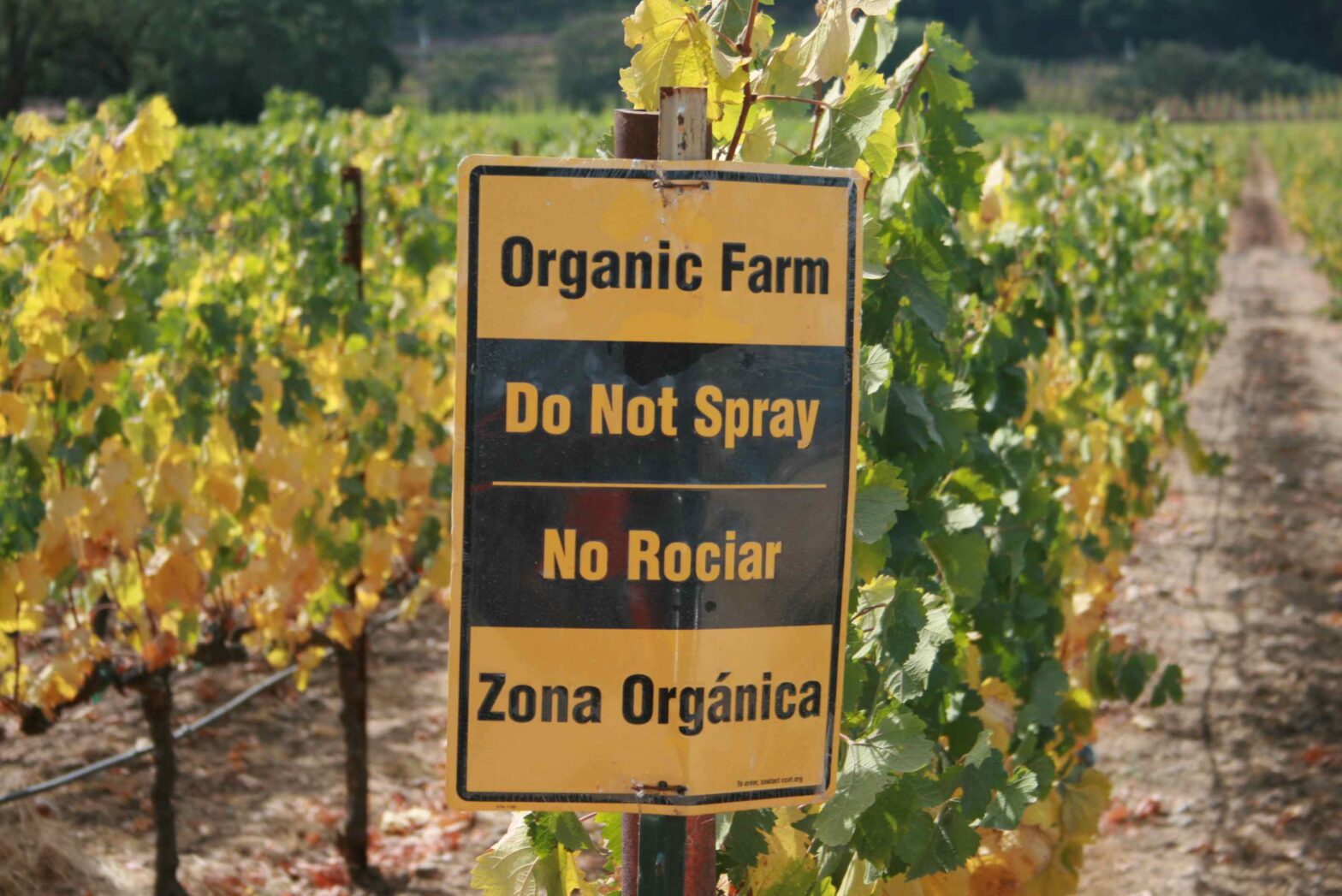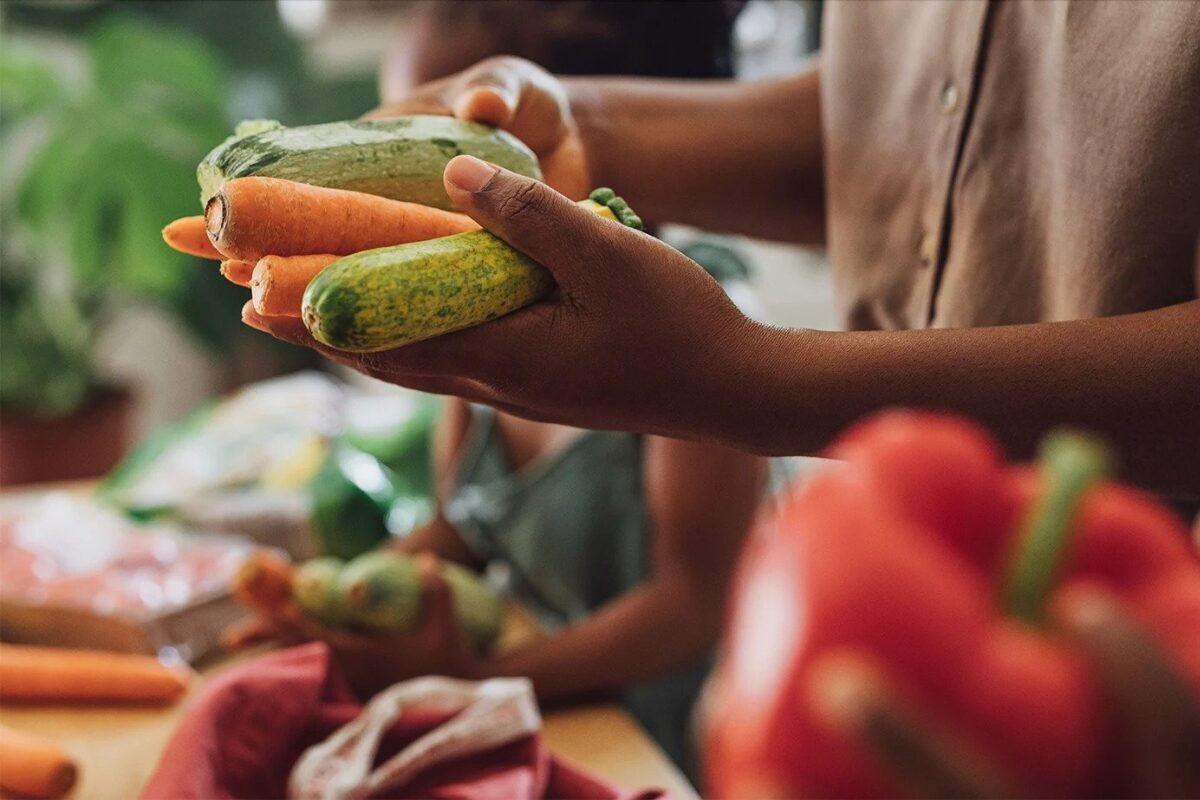Federal Government Organizations
1. Agriculture and Agri-Food Canada (AAFC)
This federal government division is responsible for working with food producers and farmers. They aim to develop and grow the sector of agriculture and agri-food by researching, creating policy developments and program execution, and using technological advancements.
2. Organics Value Chain Roundtable (OVCRT)
OVCRT is a task force under AAFC. They focus on making agreements on ways to improve the organic sector’s performance and usefulness. They have members from all the commodity groups in the organic value chain in Canada.
3. Canadian Food Inspection Agency (CFIA)
This regulation body supervises, tracks, and enforces what the Canada Organic Regime requires.
4. Conformity Verification Bodies (CVBs)
CFIA assigns this institution to give accreditation and check certification bodies or CBS.
5. Certification Bodies (CBS)
Accredited by a CVB and the CFIA, this organization certifies agricultural products from inside and outside Canada as organic, following the requirements of the Canada Organic Regime.
6. Canada Organic Office (COR)
This CFIA department carries out the Canada Organic Regime.
7. Canadian General Standards Board (CGSB)
This federal government institution executes, develops, and maintains the Canadian Organic Standards.
8. Standards Interpretation Committee (SIC)
This counseling institution is made by the Organic Federation of Canada and CFIA. They give the standards’ required interpretations.
National Organic Organizations
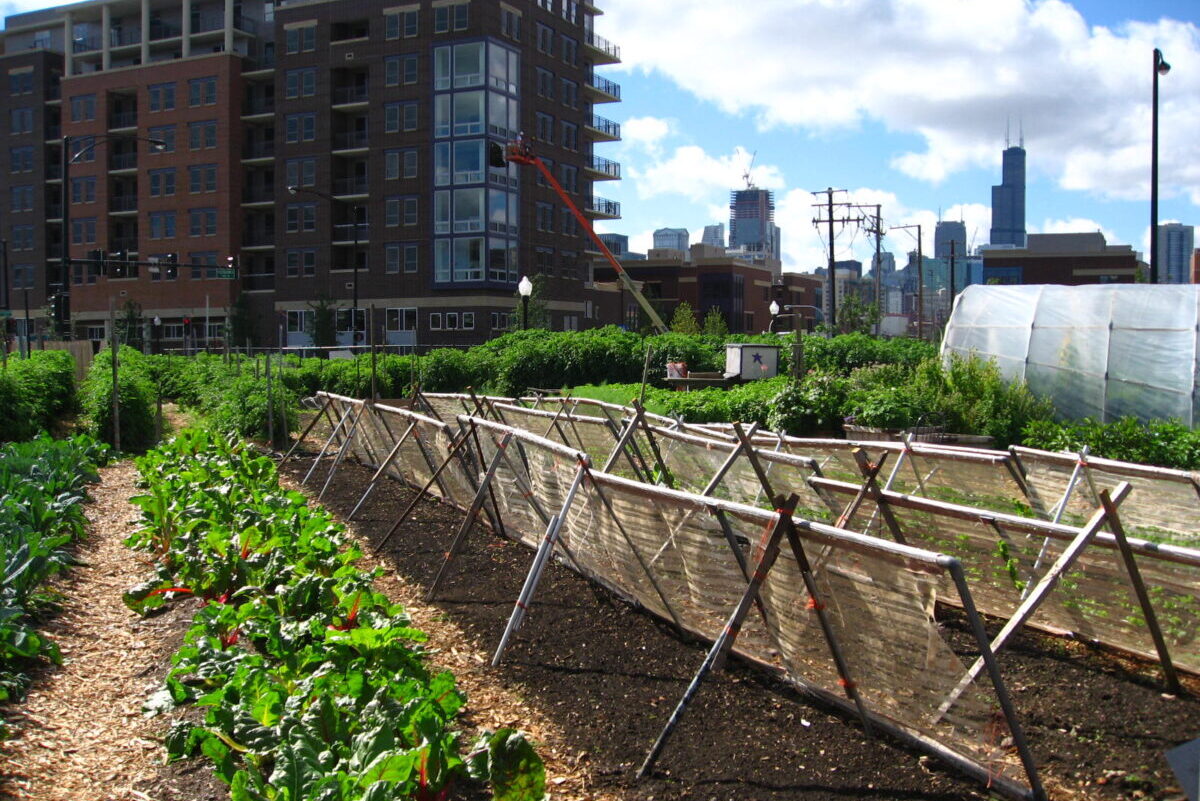
1. Canadian Organic Growers (COG)
This registered national charity concentrates on strong agriculture. They engage people in policy work, local, regional, and national agriculture development, and education. They support the integrity and importance of organic ways to make the production of organic food beneficial in the future.
2. Organic Federation of Canada (OFC)
This national institution represents the organic sector on how the federal government regulates the industry. They are also given the responsibility to pick the members of the Standard Interpretation Committee.
3. Organic Agriculture Centre of Canada (OACC)
This research institution helps the organic sector by providing education and science. Their headquarters is in Dalhousie University, located in Truro, Nova Scotia.
4. Canada Organic Trade Association (COTA)
This organization collaborates with legislators in making decisions regarding the organic sector. They research the organic trends in the market and support the trade and export of organic products made in Canada.
International Organizations
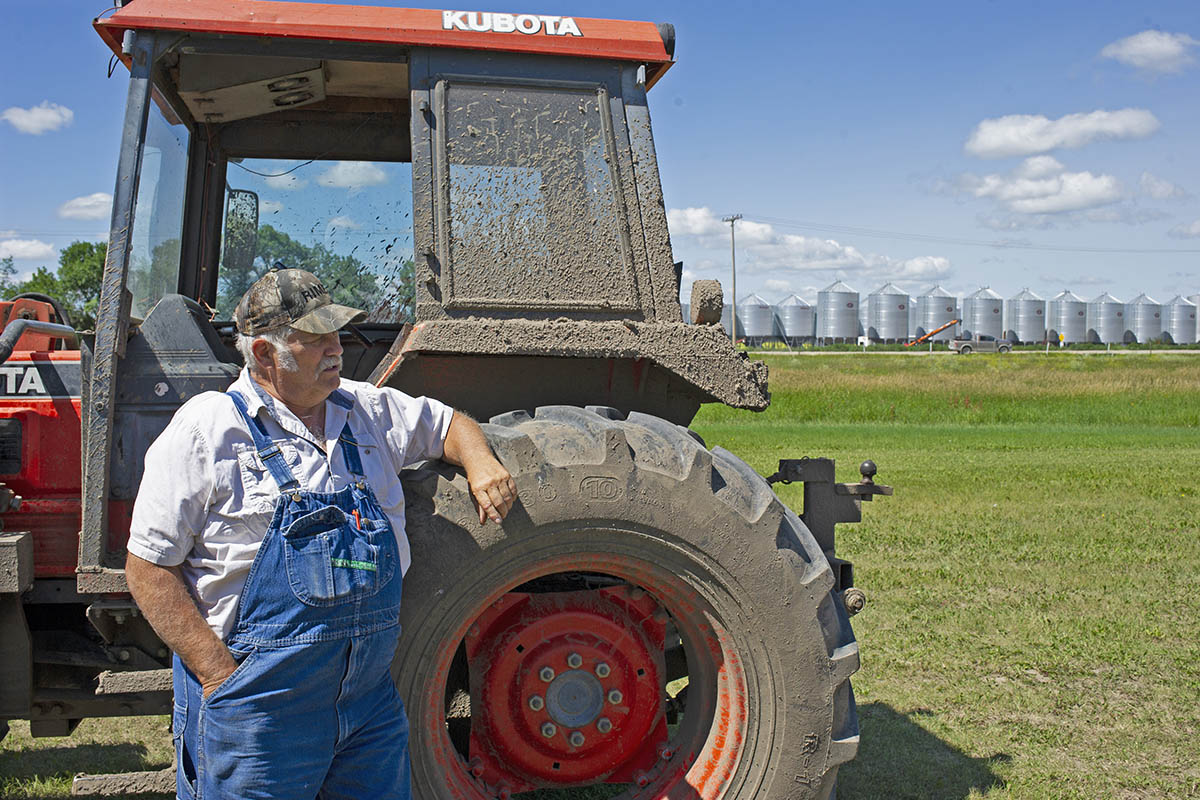
1. International Federation of Organic Movements (IFOAM)
This group of organic institutions aims to unite organic stakeholders from different parts of the world. Every 3 years, they have an assembly. They also keep the organic standards at an international level.
2. Organic Trade Association (OTA)
This membership-based business organization focuses on US-made organic agriculture and products.
3. Organic Materials Review Institute (OMRI)
This non-profit institution decides which ingredients can be utilized to produce and process organic products. It also releases a list of brands that are allowed.
Additional Resources
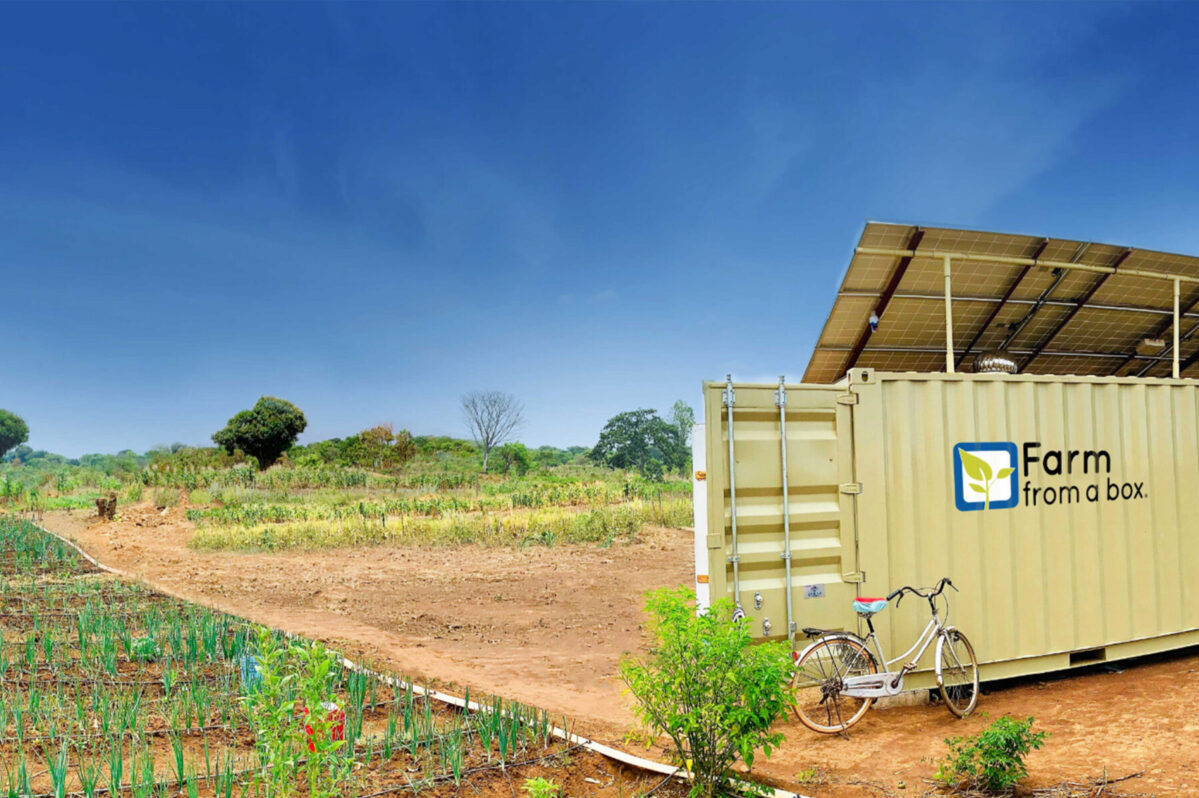
1. Young Agrarians (YA)
This organization is composed of young and new Canadian organic and ecological farmers. Educational services and resources for farmers are what they advocate in the country.
2. SeedChange
This national institution advocates ecological agriculture. They encourage local food systems by working with Canadian farmers.

